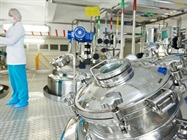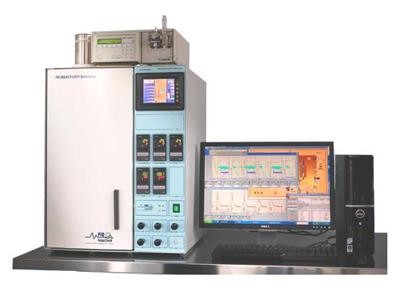
Laboratory reactors give the user more control over chemical reactions, including temperature control of the vessel contents, measurement of parameters such as pH or pressure, and mixing and dispersing applications.
What are different types of lab reactors?
Types include stirred, high-pressure, and mini reactors. Continuous flow tubular reactors can be externally heated or jacketed with a circulating fluid. Custom configurations include instruments designed for biofuels research.
Also offered are organic synthesizers, often used for parallel synthesis (e.g., fast lead generation), and microwave synthesizers for organic and inorganic synthesis and polymer chemistry.




What to Consider When Choosing a Lab Reactor?
For stirred reactors, operating pressure should be the first specification, keeping in mind that the thicker walls often required by higher-pressure vessels can make temperature control trickier. Operating temperatures can reach 300 °C depending on the reactor’s seal.
The next consideration is vessel size, with available capacities ranging up to 5 gal. The reactor’s material of construction often depends on the corrosion resistance required; options here include borosilicate glass, stainless steel, nickel, titanium, and alloys.
Search and compare various lab reactors for your laboratory: